During the Sept. 10, National Football League season opener between the Kansas City Chiefs and the Houston Texans, both teams joined together at midfield at the Chief’s stadium to have a “Moment of Unity” before starting their game.
A loud chorus of boos erupted among many watching the game from their seats. On the big screen, an announcement was broadcast encouraging people to vote, and at least one player kneeled.
This caused me to sympathize with the fans who showed their disapproval because I, too, do not support what I interpret as a display of politics among athletes in a sporting competition.
I felt a similar feeling July 23 when I was watching from my home TV my favorite baseball team — the San Francisco Giants — play its season opener against the Los Angeles Dodgers. As the national anthem blared through my TV speakers, the camera panned to show the empty baseball stadium to help curb the spread of the novel coronavirus pandemic.
Then, the next thing I saw on my screen were the players from both teams kneeling in honor of the Black Lives Matter [BLM] movement and in protest against police brutality, though some athletes decided to stand.
I sat on my couch, puzzled.
My team and the Dodgers had just made a political statement through a game. I continued to watch it to support my team, but I found myself not as passionately engaged as I once was because of what happened earlier with the kneeling.
It is not that I had a problem with their decision to display their political view; it indicated that now politics has entered another aspect of my life.
For sports fans such as myself, athletic competitions represent an escape from society’s problems, including politics. These athletes earn big salaries to compete and play ball — not to make political statements.
Politics must not get involved with sports to prevent disagreements such as physical altercations or boycotts from getting in the way of sports events.
Athletes have used their fame to advocate their personal political opinions for years now, but the protests, kneeling and coronavirus controversies have only intensified their will to make their viewpoints known through different social platforms such as Instagram, Twitter, Facebook and even during actual games.
While kneeling during the national anthem does not take very long and has no effect on the outcome of the game, it allows politics to take center stage for a brief though albeit important moment and proves that before the game can even begin, politics has intruded.
Across the world, protests have taken place for the BLM movement. Multiple teams and organizations in the MLB and NBA have utilized their fame to display support for the BLM movement by having moments of silence before competing, boycotting games and showing their support through jersey designs or patches representing BLM.
While some athletes may be very influential because they use their voices for noble causes, politics can present many obstacles to athletes and in some cases destroy their athletic careers.
In 1980, President Jimmy Carter enforced U.S. athletes to boycott the Summer Olympics in Moscow after the Soviet Union refused to withdraw its troops from Afghanistan.
Carl Lewis, an American track and field runner, continued to compete in the next three Olympic Games. However, because they did not qualify for the next Olympics, many of Lewis’ 1980 teammates never had the opportunity to compete in the games again.
If athletes traveled to Moscow to compete in the games, they would be stripped of their passports.
When the countries used sports for leverage in politics, the athletes became the victims, paying a heavy price for politics to get tangled up with sports. They were just pawns in a political game.
Even from 1936 when Hitler attempted to utilize the Olympics to show off his government and its ideologies to the rest of the world to the boycott of the 1980 Moscow Olympics, politics has always influenced the Olympics. This has thus caused fans’ lives to further be absorbed by politics.
Participating in politics on their own time is one thing, but athletes allowing that to interfere with their game and using their voices for politics will have a negative effect on fans by politics entering into this new arena.
We lost many months of sports to COVID-19, and for games to finally return for us to watch, we do not want to watch politics instead. We changed the channel to watch sports.
Fans — especially those who in the pre-COVID-19 pandemic days paid big bucks to get into the game — don’t want to listen to athletes making political statements. We are here to watch them showcase on the field or in the stadium or on the court their talents.
For clarification, I am not calling out any specific political protests, such as BLM; it’s all politics in general. My viewpoint would not change if the political statements differed. It’s the topics brought into the sports arena that do not belong.
Watching sports will never be the same for me again.
Last I checked, politicians do not wear sports numbers on the front of their team’s jerseys and have a batting average of .300. So here’s my final message to professional athletes: Leave the politics to the politicians and focus on the game.



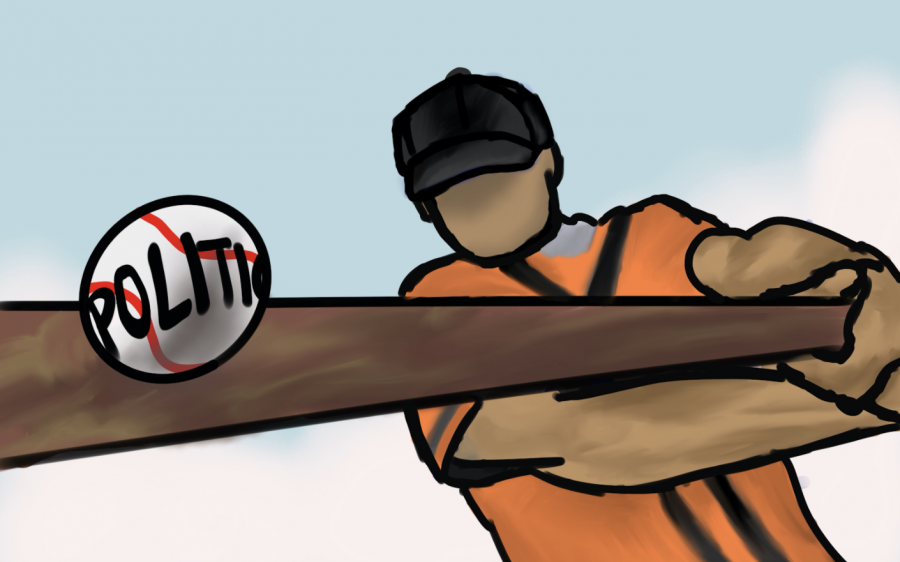
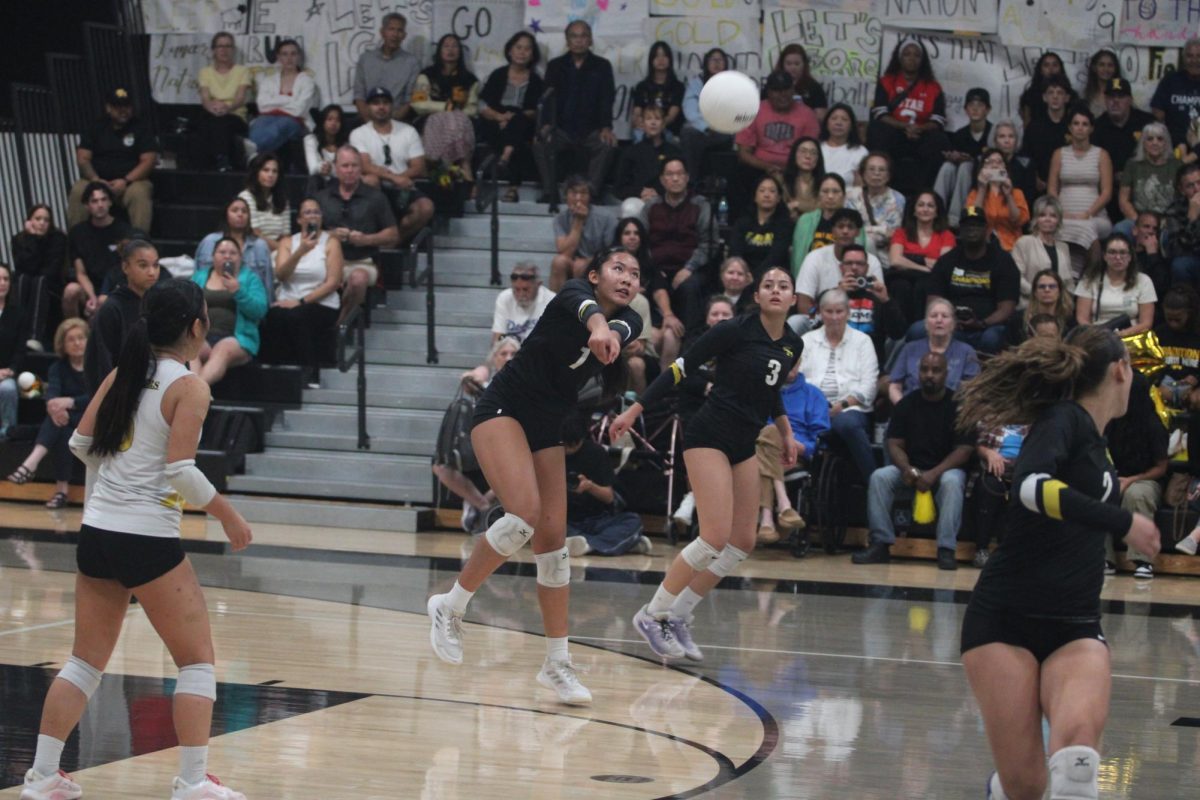
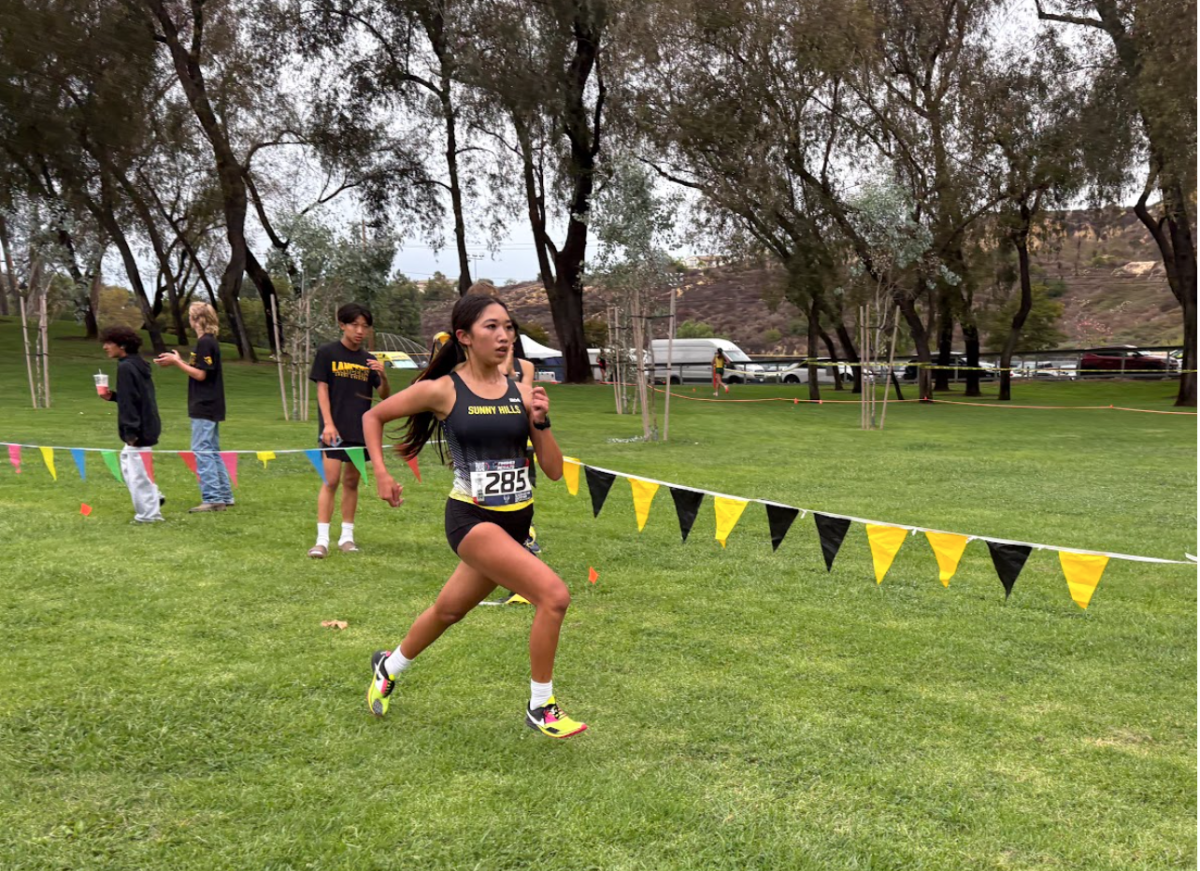
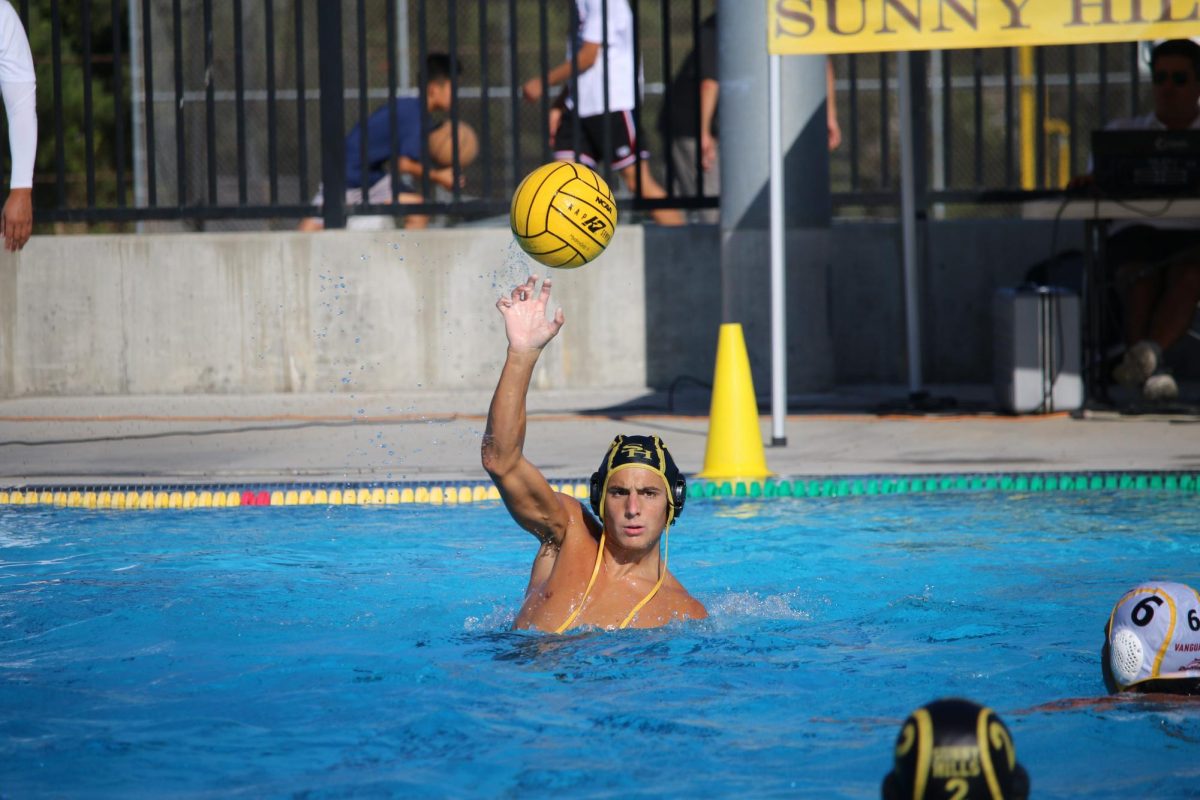
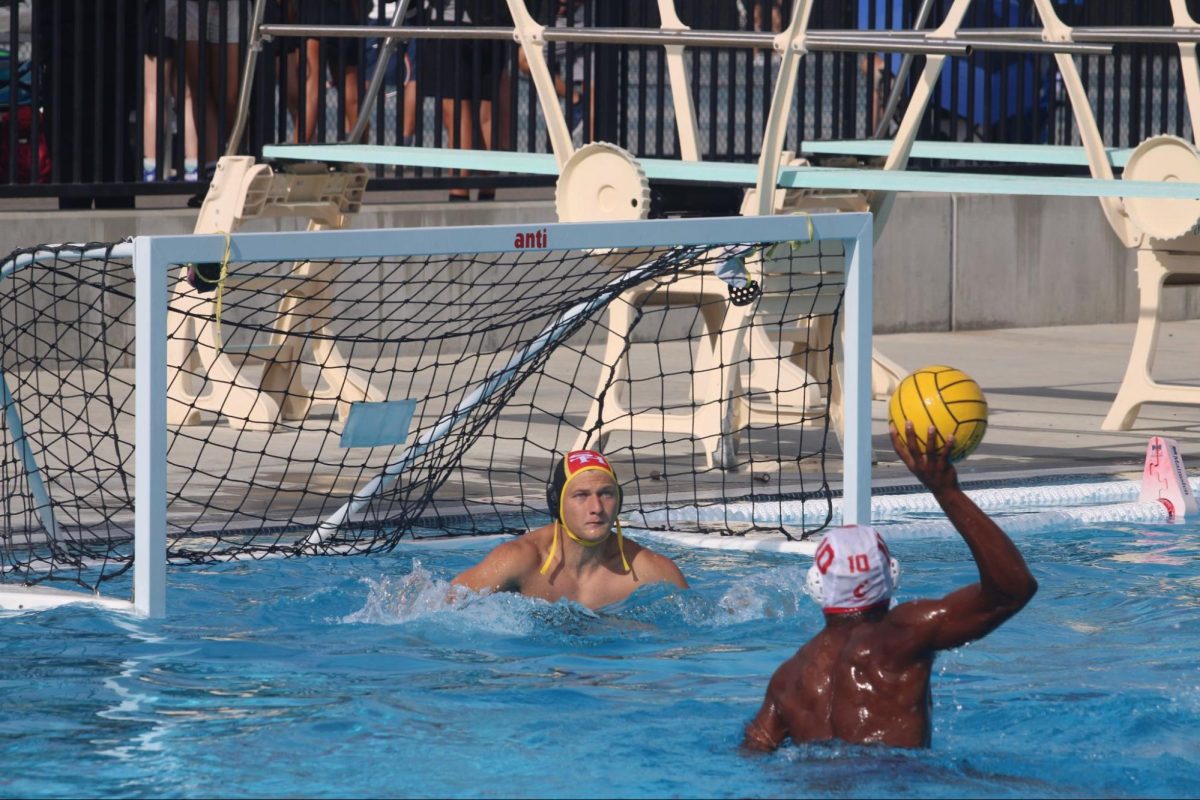
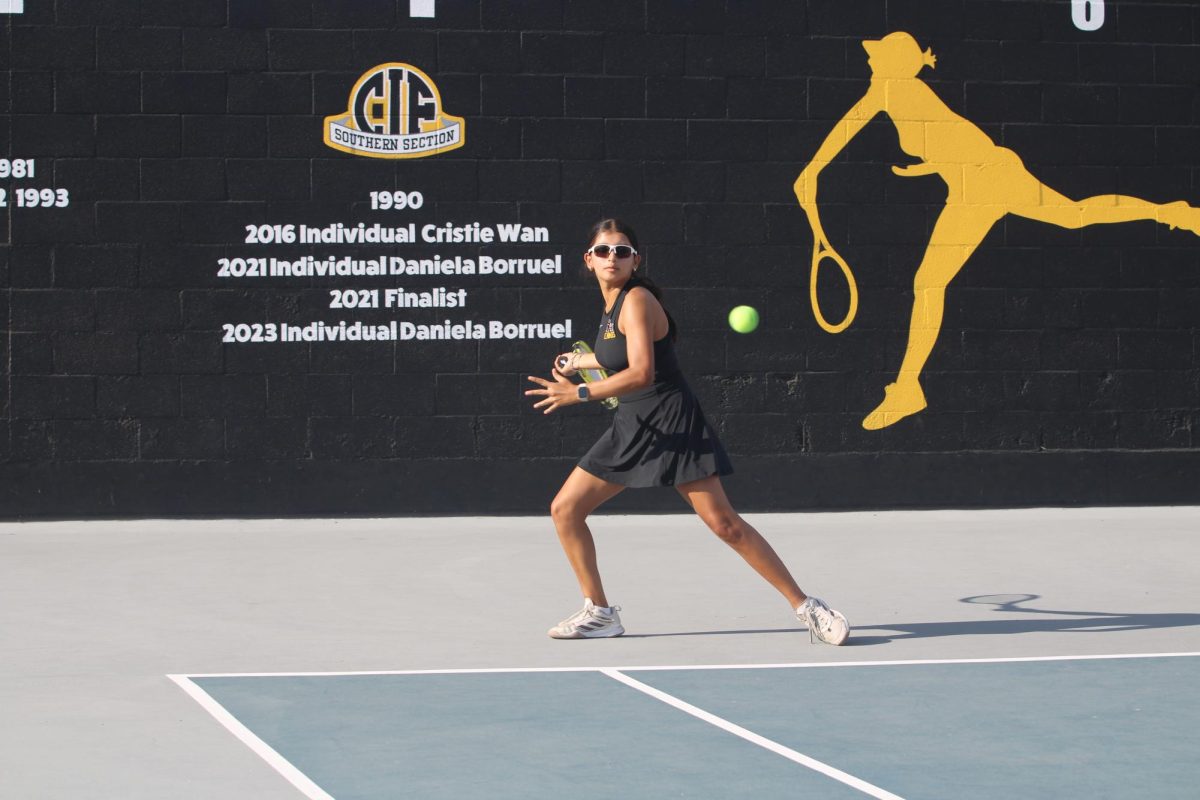
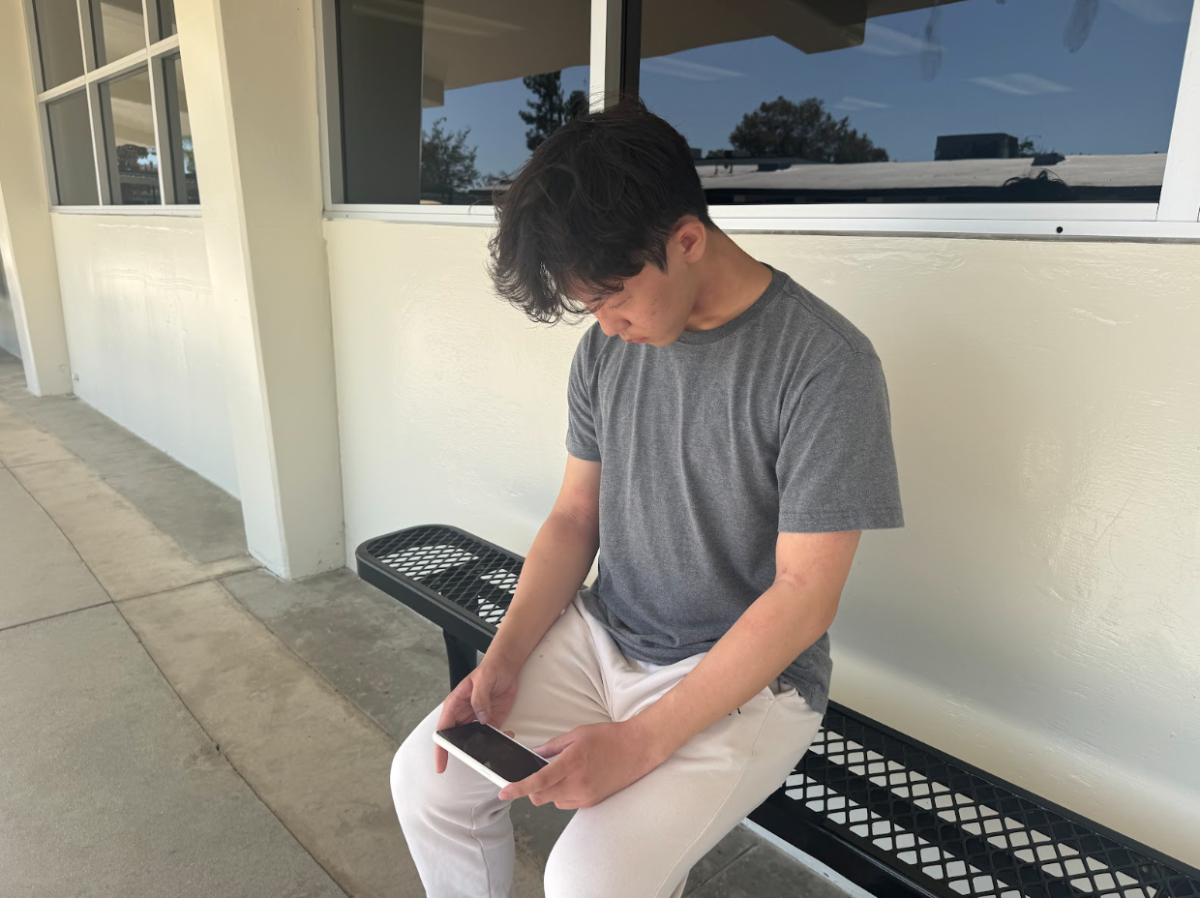


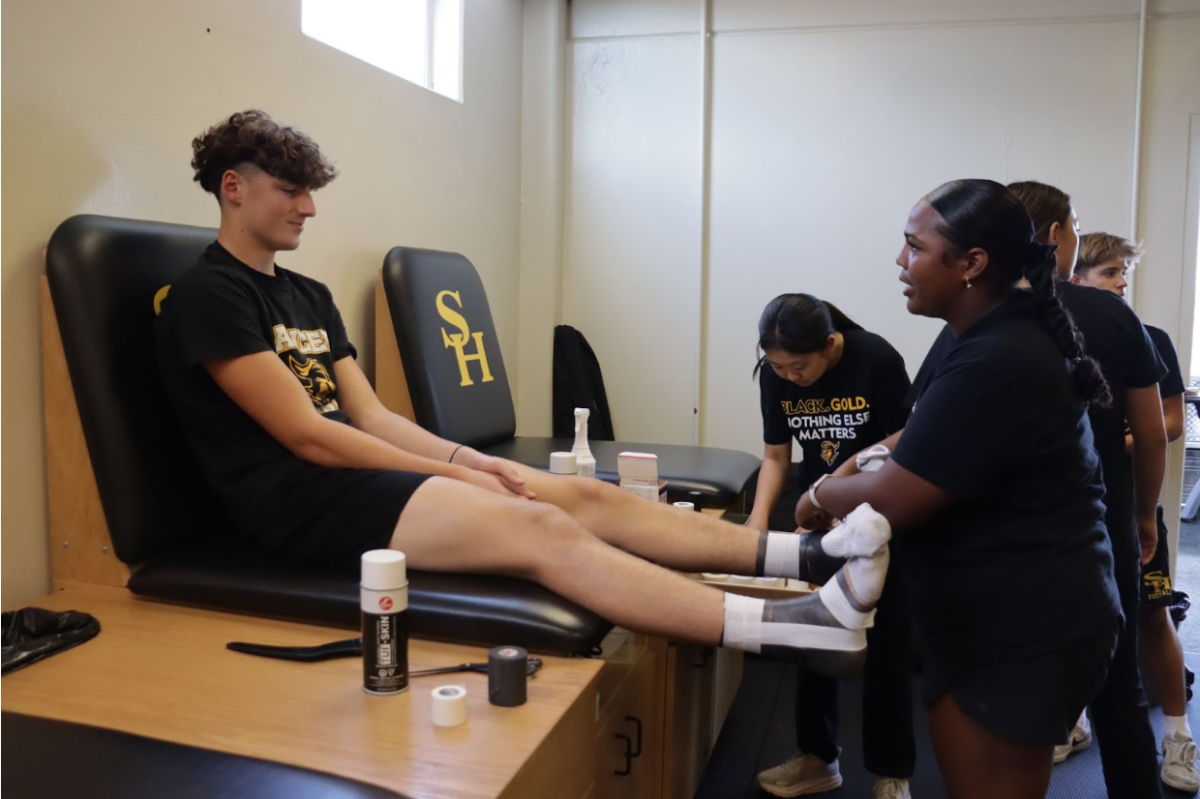
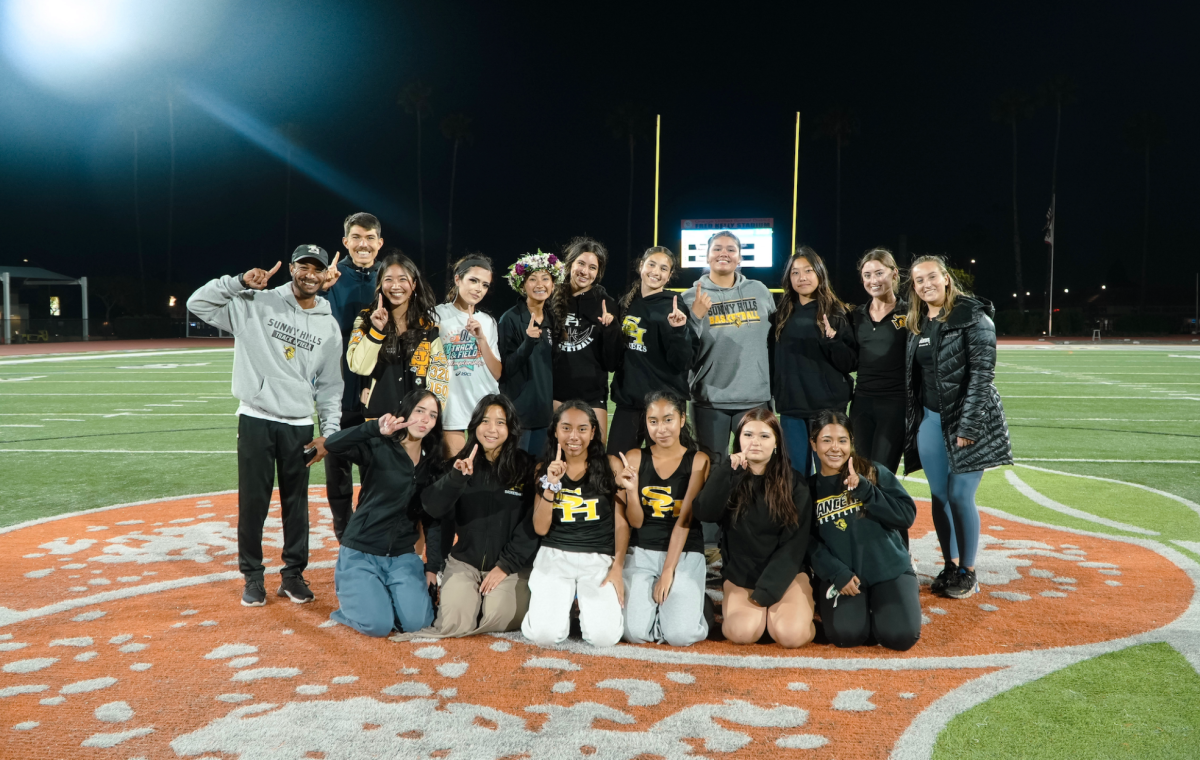

Anonymous • Sep 15, 2020 at 5:27 pm
@ Tazia, i feel you missed the whole point of Miss Johnson’s well written article. She is not saying that athletes or celebrities shouldn’t take a stance on an issue they feel passionate about. She is saying it has no place on the sports field.
Lets take another issue, i thought the Star Wars movie the last jedi was horrible but as much as i would appreciate my favorite athlete agreeing with me I’d rather see their athletic prowess to justify the $50 i just shelled out on tickets. 🙂
Another crucial point i interpreted from her article is many like myself use movies, sports, music and tv as a form of entertainment. We don’t need life invading that “safe” space. Let real life deal with real life.
Please understand you have every right to your opinion just as Miss Johnson, myself and every other person has theirs. I applaud Miss Johnson for taking a stance and sharing her views in such a beautifully written, researched and thought out article.
Tazia Mohammad • Sep 13, 2020 at 1:52 pm
I wholeheartedly disagree. While Jimmy Carter’s forceful boycotting of the Olympic games and an influx in propaganda is unfortunate, these events were enforced by outside authorities, not the athletes themselves. You argue that Black Lives Matter is a matter of invasive politics, however, for many of the African American athletes that form the foundations of sports leagues such as the MLB and NBA, it is a movement that deeply affects every aspect of their lives. Police brutality is not a political issue- it is a human rights issue that has taken thousands of lives, and it is unreasonable to criticize athletes that are standing up against something that has had a drastic impact in their communities. If athletes were to display their support for issues such as breast cancer or autism awareness, they would not receive nearly as much backlash, and this is because people are uncomfortable when facing matters of racial oppression and inequality. However, this discomfort is something we all must overcome in order to achieve true equality, and if one cannot support an athlete for fighting for a cause that affects them on a personal level, then one should not benefit from their entertainment at all.
Anonymous • Sep 12, 2020 at 9:59 pm
I really enjoyed and resonated with this article!
Gina Laroff • Sep 12, 2020 at 9:24 pm
Beautifully written, Ms. Johnson. Your background as an athlete and your journalistic talent really make this article shine. Thank you for explaining the history of the politicizing of the Olympics, thereby putting the present situation in context. Well researched and written. Looking forward to reading more of your articles. Brava!